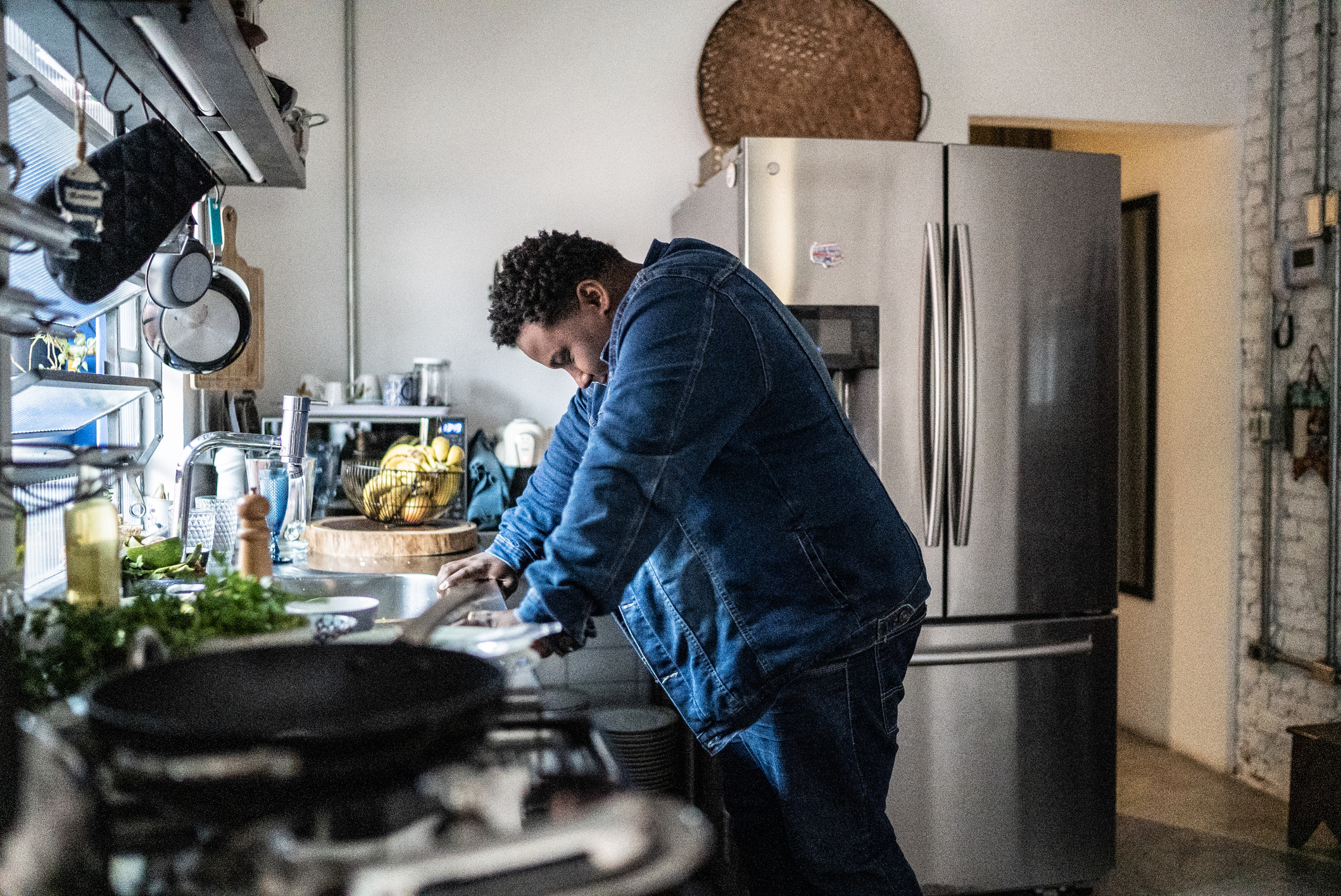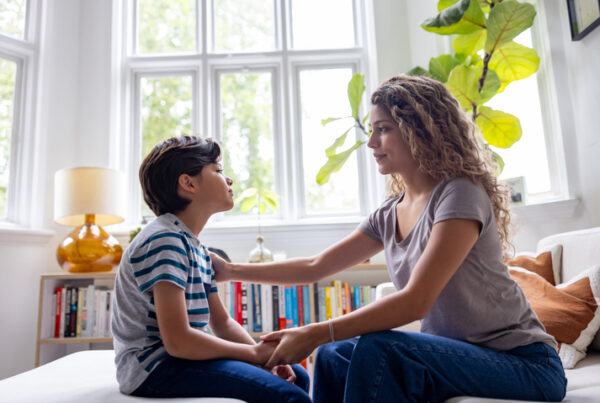Losing someone suddenly can be devastating. It can have a big impact on people. The grieving process is different for everybody. Some people may heal more quickly. Others may need more time and support to cope with their loss. They may experience:
- Mental effects and strong emotions: When someone passes away suddenly, people feel many intense emotions. Those can include shock, sadness, anger, and guilt. They could also feel very sad or worried all the time. These feelings can be very strong and overwhelming.
- Physical effects: The loss can also affect people’s bodies. They might have trouble sleeping or lose their appetite. They may feel tired or get sick more easily.
- Changes in daily life: Losing someone suddenly can make it hard to do everyday tasks. It might be tough to focus on school or work, make decisions, or take care of responsibilities at home.
- Problems in relationships: Relationships with other people might become difficult or change after a sudden loss. They may withdraw or seek support from friends and family. Relationships may also experience strain as individuals grieve differently. Friends and family might not know how to help or support them.
Ways to Cope
The devastation of sudden loss is experienced differently by everyone. People have their own ways of dealing with grief and getting through tough times. Here are some ideas to help you deal with the sadness and pain:
- Talk about your feelings: It’s okay to cry and share your emotions with someone you trust, like a family member or friend. Talking about what you’re going through can make you feel better.
- Get support: Reach out to people who care about you. They can listen, give you a hug, or just be there for you. You can also join a support group for people who have been through something similar, so you know you’re not alone.
- Take care of yourself: Make sure you eat healthy food, get some exercise, and try to sleep enough. Taking care of your body can help you feel a little better emotionally.
- Talk to a professional: Sometimes it can be helpful to talk to a therapist or counselor who knows how to help people with grief. They can give you advice and support tailored to your needs.
- Do things you enjoy: Take time to do things that make you happy. It could be reading a book, listening to music, or doing an activity you love. This can help distract you and give you some moments of joy.
- Remember your loved one: Find a way to remember and honor the person you lost. You can keep a special object that reminds you of them, write a letter to them, or do something meaningful in their memory.
- Be patient with yourself: Healing takes time, so it’s important to be patient with yourself. You may have good days and bad days, and that’s okay. Give yourself time to heal and feel better.
Everyone reacts to loss differently. Make time to do things that have worked for you in the past, or try some of these ideas. It’s okay to ask for help when you need it and know that it’s normal to feel sad for a while.




